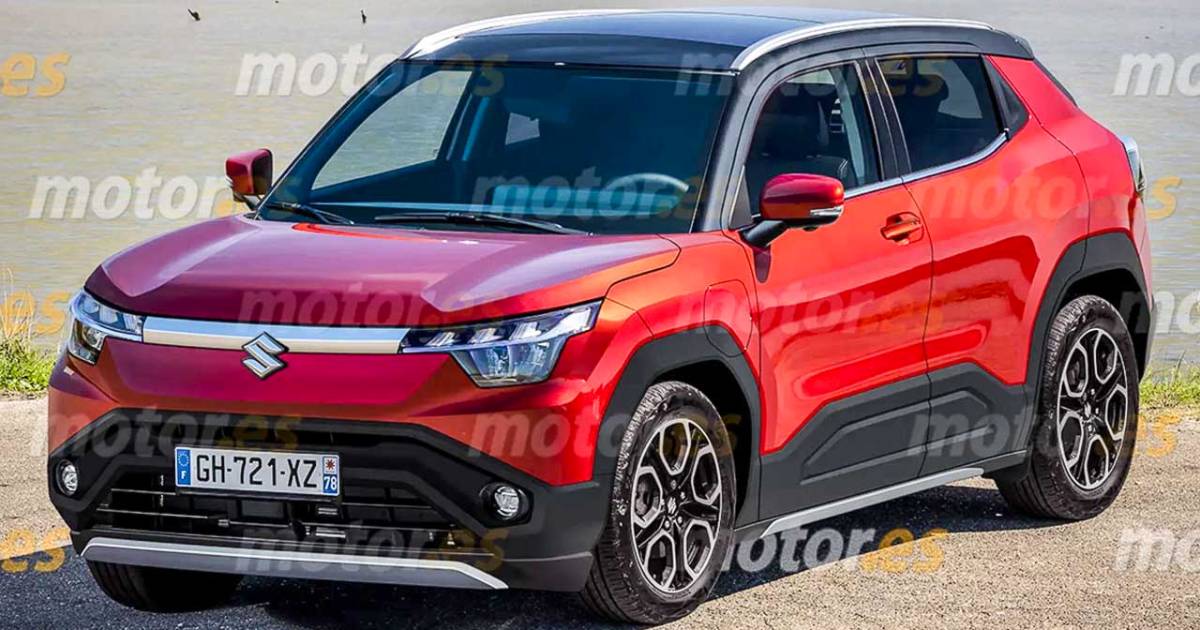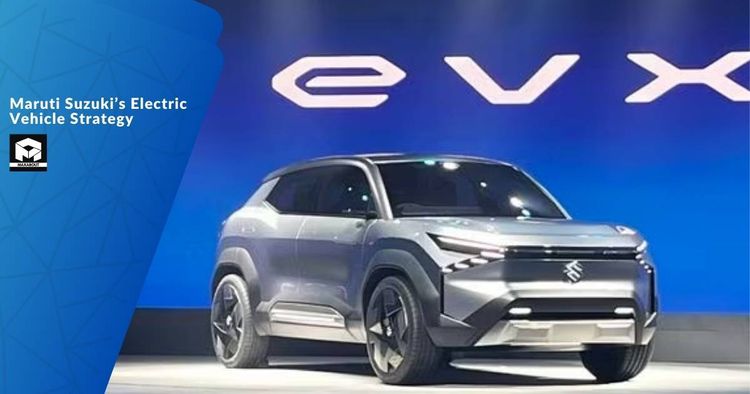Maruti Suzuki, India's biggest car company, is gearing up for significant transformations, especially in the realm of electric vehicles (EVs). Recognizing the global shift towards sustainable transportation, Maruti aims to be at the forefront of this transition. They're strategizing to introduce six new electric cars by the end of the 2020s, signaling a commitment to embracing electric mobility and reducing carbon emissions.
Exploring Carpooling with Maruti Poolkar
One intriguing facet of Maruti's strategy is venturing into carpooling services, potentially under the name "Maruti Poolkar." Carpooling, the practice of sharing rides to common destinations like work or school, has gained traction worldwide due to its environmental and cost-saving benefits. Maruti's foray into this domain suggests a holistic approach towards addressing transportation challenges while leveraging its brand trust to offer reliable and efficient carpooling solutions.
Charging the Future : Maruti's EV Charging Stations
As part of its EV infrastructure development, Maruti is contemplating the establishment of EV charging stations. The company has registered names like "Maruti Suzuki Smart Charge" and "Maruti Suzuki Charge Hub" for these charging facilities. These stations could serve as vital nodes in the EV ecosystem, offering convenient and accessible charging solutions to EV owners. Smart Charge stations may feature single charging points deployed at various locations such as retail outlets or parking lots, catering to urban charging needs. In contrast, Charge Hub stations could encompass multiple charging points, strategically located at high-traffic areas like shopping malls, office complexes, and highway rest stops, providing comprehensive charging services to EV users.

Expansion and Competition in the EV Market
While Maruti's charging infrastructure plans are ambitious, the company faces competition from established players like Hyundai, which has already initiated the deployment of charging stations in India. Moreover, Maruti's impending entry into the EV market with the launch of the eVX electric car underscores the intensifying competition in the segment. This forthcoming model is poised to rival upcoming electric vehicles like the Tata Curvv EV and Hyundai Creta EV, reflecting the competitive dynamics shaping the Indian EV landscape.
Maruti's Ambitious Goals
Maruti's aspirations extend beyond merely entering the EV market; the company aims to carve a significant share of the segment by targeting sales of around 500,000 electric cars by 2031. To support this ambitious objective, Maruti is investing in expanding its manufacturing capacity dedicated to EV production. The construction of a new production line exclusively for EVs at the Suzuki Motor Gujarat (SMG) plant underscores Maruti's commitment to scaling up its EV manufacturing capabilities. With a projected annual production capacity of 250,000 EVs, this facility is poised to play a pivotal role in realizing Maruti's EV sales targets.
Diversifying Revenue Streams
Exporting EV Components Beyond manufacturing electric cars, Maruti is diversifying its revenue streams by venturing into the production of EV components. The company's foray into manufacturing battery cells, battery packs, and modules not only supports its domestic EV initiatives but also opens avenues for exporting these components to international markets. Maruti's strategic focus on exporting EV components underscores its global aspirations and the potential to capitalize on the burgeoning demand for electric mobility solutions worldwide. With plans to generate significant revenue through the export of EV components, Maruti aims to leverage its expertise in manufacturing to establish a strong presence in the global EV supply chain.

